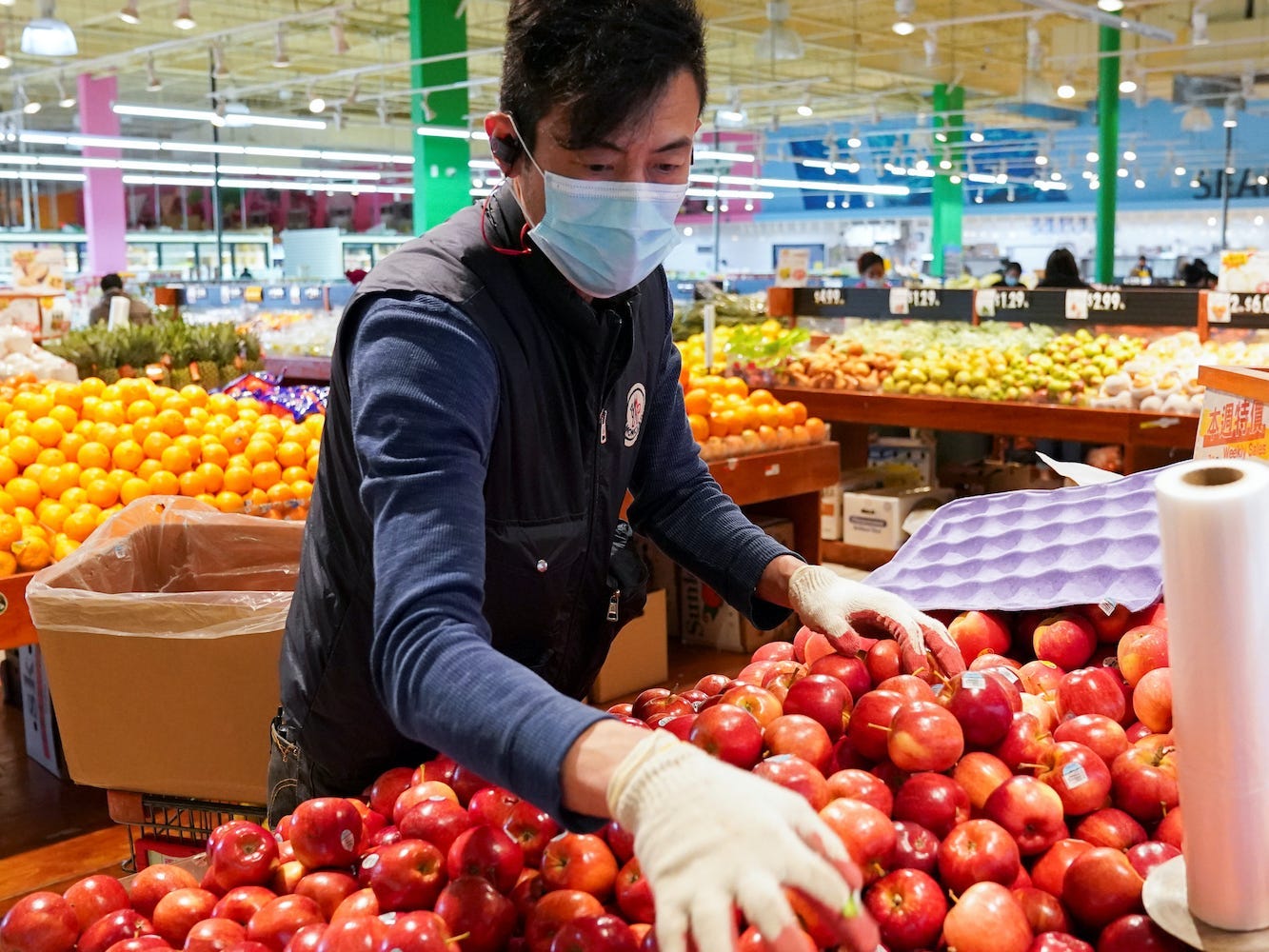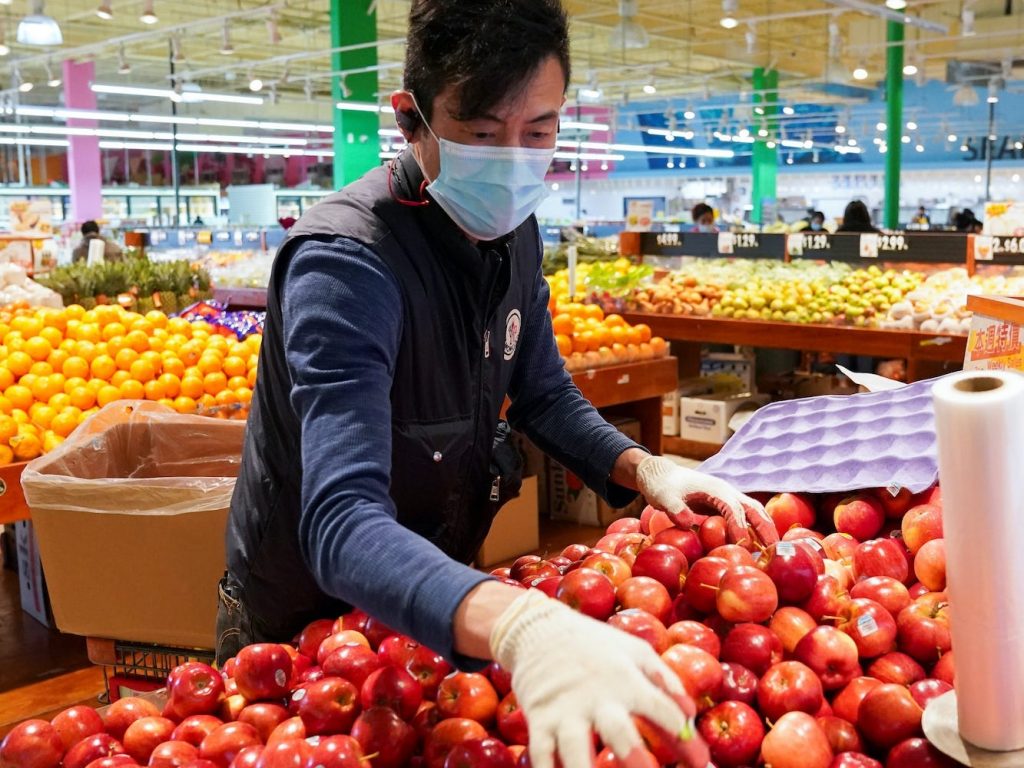
Kevin Lamarque/Reuters
- The labor shortage is spread across three regions, ZipRecruiter told The Wall Street Journal.
- Lockdowns, tourism, and the number of "pandemic refugees" could explain why.
- See more stories on Insider's business page.
The labor markets in some states are recovering much more quickly than in others – and local lockdowns, the size of their tourism industries, and the number of people who moved there during the pandemic could be the reason why, according to a report by The Wall Street Journal.
As a result, employers in states like Iowa, Nebraska, and New Hampshire are finding it especially hard to attract new hires amid the labor shortage, which the US Chamber of Commerce last week called a "national economic emergency."
The tightest labor markets are spread across three regions, job search site ZipRecruiter told The Journal.
The northern Mountain West, which includes Montana, Idaho, and Utah, has around 2.9 job postings per unemployed job seeker, ZipRecruiter said, using data from April. This rises to 3.6 in both the Plains, which includes the Dakotas, Nebraska, Iowa, and Kansas, and northern New England, made up of Maine, Vermont and New Hampshire.
This is backed by data from the Chamber, which found that South Dakota, Nebraska, and Vermont were the worst-hit states.
They had fewer lockdown measures
States in the Plains reopened more quickly and didn't such strict measures while they were in lockdown.
Iowa, for example, lifted its mask mandate in early February, while North Dakota allowed its to expire on January 18.
The quicker reopenings meant that fewer people lost jobs during the pandemic, and those who did were able to return to the old jobs more quickly, Oren Klachkin, lead US economist at global research firm Oxford Economics, told The Journal.
Their main industries weren't as affected by the pandemic
The Plains has high levels of employment in the agriculture and food processing industries, The Journal reported. As essential industries, these were able to stay open during the pandemic - so fewer people lost their jobs.
And the northern Mountain West, the Plains, and northern New England have a much lower dependency on tourism compared to states like Hawaii and New York. The tourism industry was devastated by the pandemic, causing some workers in retail and hospitality to turn to other industries and reducing the amount of money being spent on local goods and services.
New businesses opened during the pandemic
"The mountain states became pandemic refugee states," Julia Pollak, labor economist at ZipRecruiter, told The Journal. This is partly because they had fewer lockdown measures - but also down to their affordable housing and abundance of open space, the publication said.
And as new residents moved to the states, they increased the amount of economic activity - and, in turn, demand for labor.
Low wages and COVID-19 concerns could be causing the labor shortage nationally
As well as these local factors, the national labor shortage is likely down to a mix of unemployment benefits, COVID-19 health concerns, caring responsibilities, and low wages, Insider's Ayelet Sheffey reported.
The US Chamber of Commerce said that the labor shortage was holding back the nation's economic recovery from the pandemic, while the Federal Reserve said that the labor shortage could last months and was already causing price hikes.
